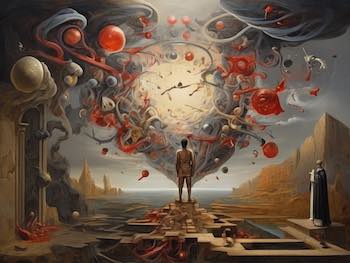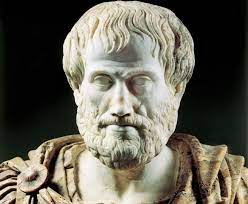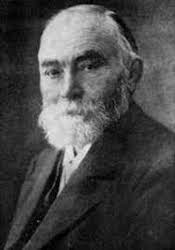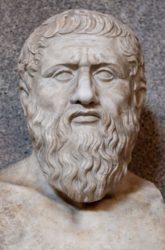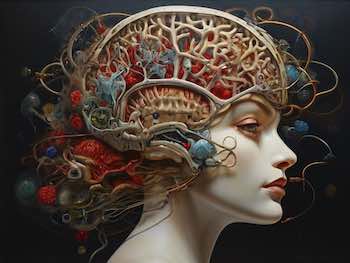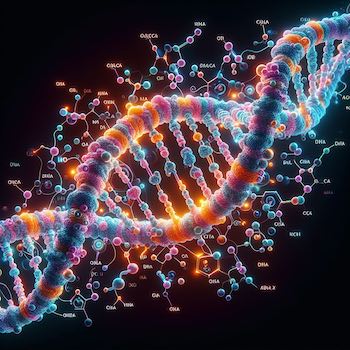complexity
Complex Aristotle
Abstract: Aristotle, the most influential genius that Earth has carried, used the double look at things but lacked a framework to formalize the complex dimension. It unwittingly fostered an inextinguishable confrontation between materialism and idealism. The most demanding analytical mind goes astray if it is not in the right framework. Material and purpose The double … Read more
The quest for the concept of 'quality'
Science and reality: fusion, proximity or partnership? Between the analysis of the mind-body problem and soon that of causality, which are closely linked, it is useful to take stock of the current epistemology of science, and in particular the fundamental: What is the relationship between science and reality? How close are the models? We will … Read more
Nexialism (definition)
A nexialist is a specialist in transdisciplinarity. A non-specialist in fact. His knowledge has no borders. On the contrary, he must explore all areas, without trying to push his expertise in any. This extra time would be missing from his other explorations. And it usually arrives in less safe terrain. The nexialist invents bridges. His … Read more
The complex dimension in mathematics
Gottlob Frege and Bertrand Russel André Deledicq and Mickaël Launay tell in Dictionnaire amoureux des mathématiques how Frege saw his beautiful set theory dynamited by a seemingly innocuous firecracker, posed by Russel. The year is 1902. Logicians like Frege try to make sets the fundamental core on which to build all mathematics. Arithmetic operations thus … Read more
How to get into the complex dimension
Experimenting with fundamental questions To understand life, consciousness, to know if Gaia is a living organism, all these difficult questions require first to know what complexity is. Complexity is the entanglement of simple behaviors that can take on a complicated appearance if you don’t know how to spot them. Complex entanglement is not just any … Read more
Teleological blindness
Teleology and pseudo-ontology Teleology is looking at things by their purpose. It is not the direct causal meaning, that is: the elements in relation are the origin and cause the result. In teleology the starting point is the result. The elements are only the intermediaries to achieve this. Inescapably. Teleology is characteristic of the mind. … Read more
Moral (3): depth of information – The complex dimension
Evolution and depth of information Have you understood how Surimposium works? Any concept explanation can be deepened towards the bottom of the complex dimension. What do we find in descending the origin of morality in this way? Some authors have ventured there: John Mayfield, Jean-Paul Delayahe. They argue that evolution in biology is an increase … Read more
Complexity explodes in neural networks
Some neologisms I call Diversium reality as a self-organized structure (self-organization diversifies reality as its complexity increases). We know several sections with this complex dimension. From the elementary to the sophisticated, I call them: Quantum (quantum vacuum > subatomic particles), Matterium (atoms > neurons), Stratium (synchronous neural group > self-awareness), Societarium (consciousness of others > … Read more
Genomium: The genome as a complex attractor
Complex attractors ground levels of reality In Surimposium I present the complexity of reality as an independent dimension. Just as 3D space defines points around which material objects orbit, the complex dimension is endowed with attractors melting levels of reality, around which complex entities gravitate. Sometimes the level is rigorously defined and all entities are … Read more

